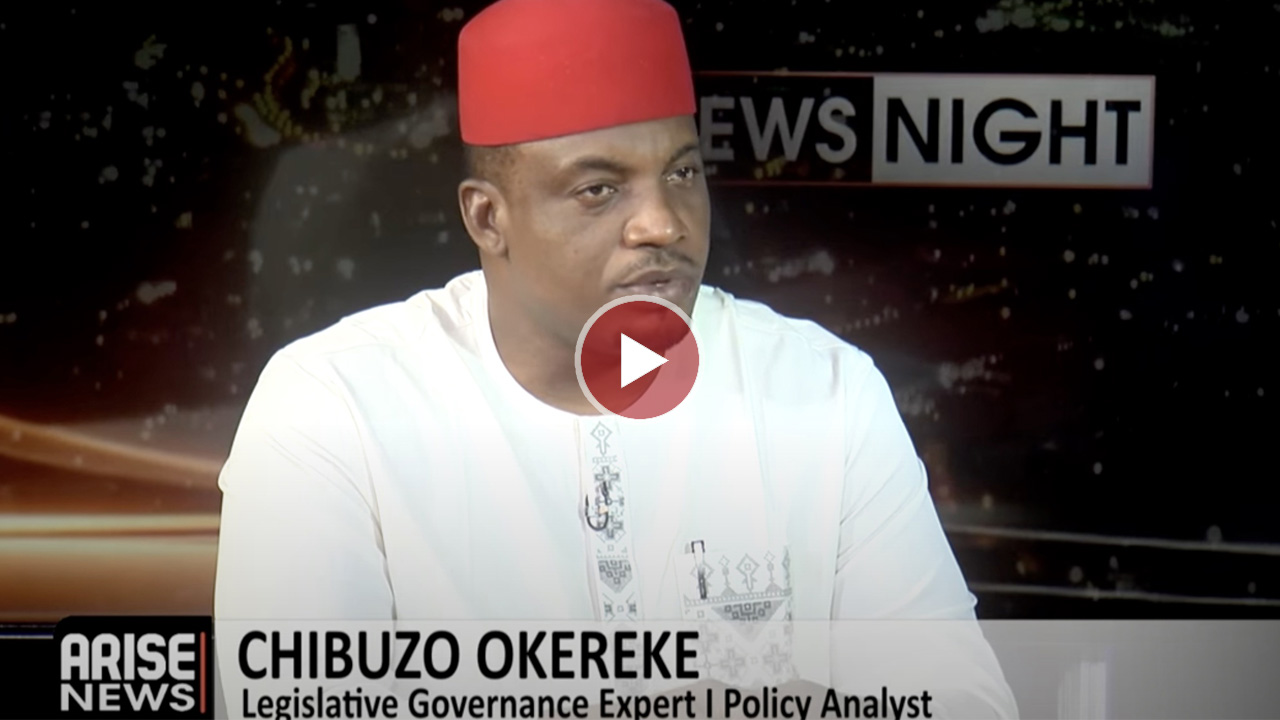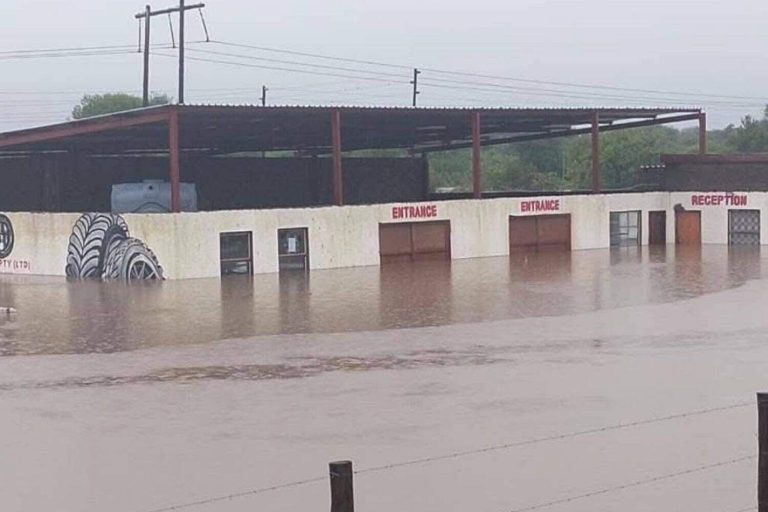

Legislative governance expert and policy analyst, Chibuzo Okereke, has described Nigeria’s ministerial screening procedure as a “parley” rather than the confirmatory process required by law.
Speaking in an interview on ARISE NEWS on Wednesday, the policy analyst expressed concern over the credibility of the ministerial vetting process in light of the recent certificate scandal involving a serving minister, who resigned amid allegations of forgery.
“The ministerial process we have been witnessing, I could say, has been a parley process and not a confirmatory process as required,” Okereke stated.
He explained that the Nigerian Constitution and Senate Standing Orders clearly outline the procedures for ministerial confirmation, but they are rarely followed. “Section 147 (1) establishes the office of the minister and empowers the president to make appointments, while Section 147 (2) empowers the Senate to confirm those appointments,” he noted, adding that “the process we have seen is far from what the Constitution envisaged.”
Okereke, who is an alumnus of the University of Nigeria, described the situation as “deeply disturbing,” lamenting that a minister could serve for two years before such discrepancies were discovered. “It’s quite unfortunate for those of us who are alumni members that our great university, where we are taught to search for knowledge and preserve it, is being mentioned in this kind of controversy,” he said.
Citing a specific example, the legislative governance expert recalled the ministerial screening session held on August 1st, noting that the process was far from rigorous. “The minister didn’t speak to anything regarding qualification or training. He only spoke about his industrialist status and investment across the country as an entrepreneur,” he explained.
Further speaking, he said,“Out of 109 senators, only seven people spoke on that day to ask him questions. Six out of these seven were commendations and praises from largely opposition senators who were meant to study the document and scrutinise him.”
Okereke revealed that Senate Standing Orders 117 to 129 prescribe detailed procedures for screening, including verifying asset declarations, police clearance, and academic credentials. “These are not being followed. Order 124(A) and (B) require the Senate to authenticate all credentials submitted by every nominee, but we hardly see that done.”
According to him, the lack of scrutiny has allowed unqualified individuals to occupy high public offices, creating global embarrassment for the country. “When you politicise the process and just say ‘bow and go’, you get the kind of result we are getting today, which is, you know, globally embarrassing,” he warned.
He called for a review of constitutional provisions and Senate procedures to restore integrity to the ministerial confirmation process. “If we don’t fix the process, we’ll continue to get this kind of embarrassment and it’s not right,” he concluded.
Nancy Mbamalu



